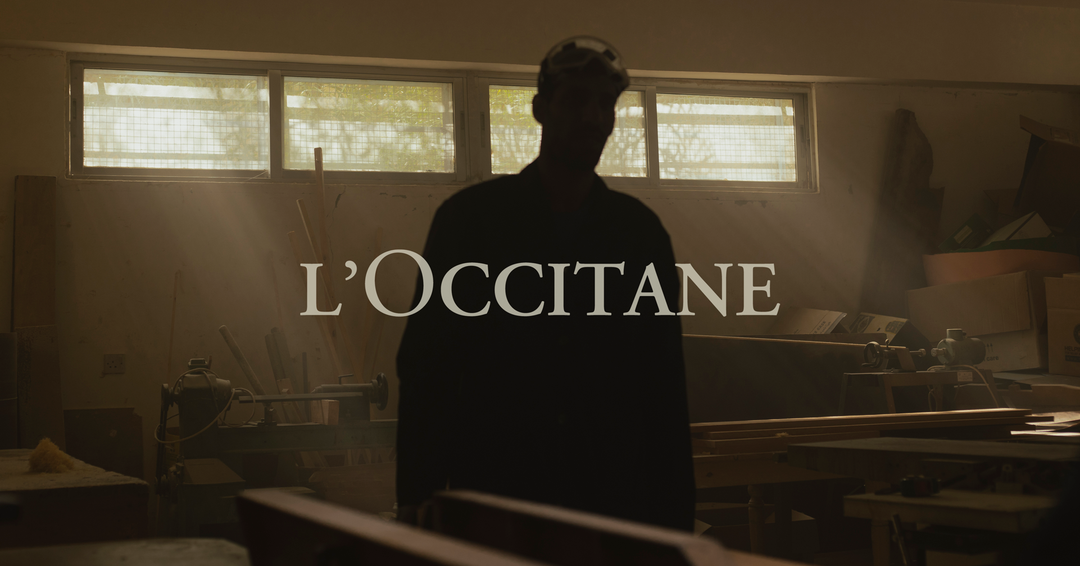Sustainable Living with Sitti: The Tote Bag

It is no secret that we have a heartfelt appreciation for sustainable living at Sitti. Sitti co-creator, Jackie, has a Sitti tote bag at-the-ready for every occasion. “I used to feel a pang of guilt every time I was handed a plastic bag at the farmer’s market. Now I keep at least a few in our car and ready near the front door. I also gave up buying purses that might be made with unsustainable plastic or leather. Instead, I use a Sitti tote bag and let the compliments roll in every time!”
In the past couple years, several state and federal governments have passed laws banning or restricting the use of plastic bags. However, when it comes to shopping bags in particular, there is room for debate. Some studies showed that although plastic bags are non-compostable and bad for the environment, it’s important to remember that other bags materials also have environmental cost. Different materials pose different advantages and challenges. Cotton bags should be used a minimum of 131 times. This might seem like a lot, but it isn’t hard to do. Make sure you find a tote bag you love, that’s well-made and can withstand spot-treating or the gentle cycle in your washing machine.
Keep in mind, the most sustainable choice is to reuse the bag that you already have as many times as you can. This is the only agreed on solution to reduce any bag’s impact on the environment. Overall, making the effort to reuse any bag that comes into your possession, and disposing of the bag responsibly, is key.
When it comes to recycling bags and using them for multiple purposes, canvas bags are a great choice for many reasons.
First, they can be cleaned if dirty or patched if torn, and can be returned to their brand new appearance. Second, unlike single-use bags, they are durable, which makes them great to carry large loads. And of course, there are endless styles to choose from. (Check out the three colors and embroidery patterns that are still in-stock!) Unlike Plastic bags, they don’t stick around our landfills and oceans, and wash up on beaches or end up being consumed by marine life.
4 Ways We’re Using Our Tote Bag
As mentioned before, the nature of cotton tote bags gives you countless ways to use them. In the following list, we put together some of our ideas on how to get the most out of your tote bag.
1 - As a grocery bag

This is the most common (and also, most important thing!) to do with your tote bags. Shopping is one of the most repeated activities we do, so carrying your fabric bag around while running your errands is a great way to replace plastic bags with a greener substitute.
2 - As a lunch bag or on a picnic
It’s not very heavy to carry, easy to clean if you spill food on it, and looks good when paired with your purse if you carry one.
3 - As a casual alternative to your purse

Or, just carry it as your purse! Tote bags can be absolutely gorgeous, with unlimited styles, colours and looks.
4 - As a gym bag or a diaper bag

Tote bags come in really handy when you want to leave quickly and grab some essential items for your kids or yourself. Keep it near the door with your sneakers, ready to grab on the way out.
Follow this simple routine to keep your Sitti x Deerah Embroidered Tote Bag (or any tote bag) in healthy condition, and to give it the long life it deserves for maximum environmental impact.
Clean your bag periodically
Most tote bags are cotton, and depending on the details of their design, they can be hand washed alongside your delicates. Our Sitti x Deerah Tote Bags are hand wash only, which will prolong the beauty and condition of the hand stitched embroidery on each bag.

To hand wash: Grab some Sitti soap flakes in cold water, gently scrub any stains with a Loofah, and give your tote some TLC.



B - Store it in a clean place
In that way, it can stay clean and ready for any moment to be used.

C - Repair it
Why give up on your tote bag when it can be rendered to look as good as new with a few stitches? Don’t hesitate to fix it and enjoy it for a longer time while also being more sustainable.


About the Author: Hazar Najjar is the Communications Assistant for Sitti Social Enterprise. She is originally from Syria and has a background in journalism and humanitarian work.





Leave a comment